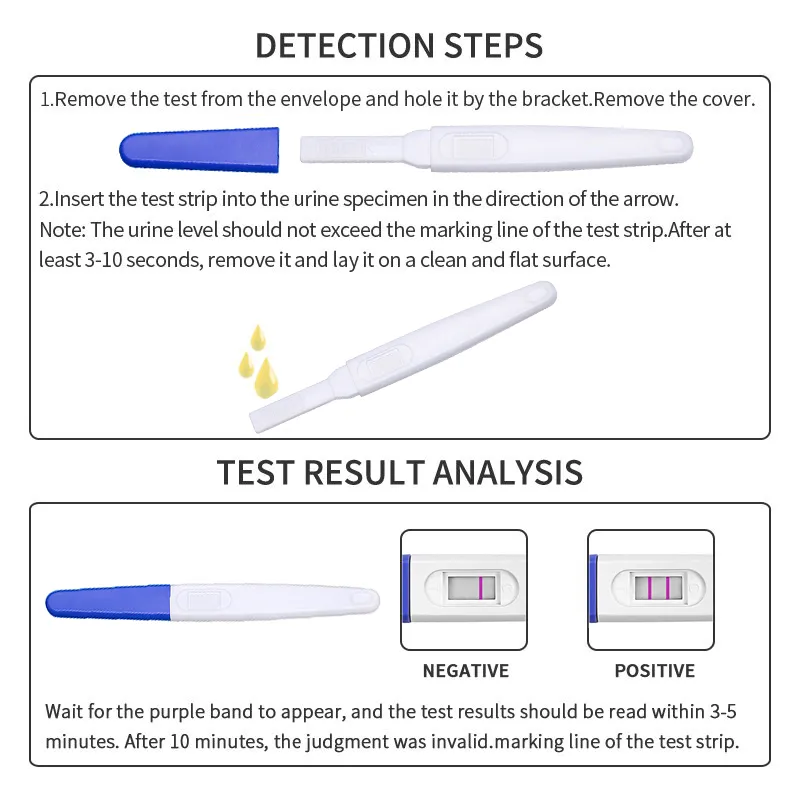ное. . 16, 2024 01:54 Back to list
Typhoid Test Kit Production Facilities and Their Impact on Public Health
The Importance of Typhoid Test Kit Factories in Public Health
Typhoid fever, caused by the bacterium Salmonella typhi, remains a significant public health concern in many developing countries. The World Health Organization estimates that there are around 11 to 20 million cases of typhoid fever globally each year, resulting in a substantial number of fatalities, particularly in areas with inadequate sanitation and healthcare infrastructure. To combat this issue, typhoid test kit factories play a crucial role in facilitating timely diagnosis and treatment, thereby improving public health outcomes.
Typhoid test kits are essential tools for healthcare providers, especially in endemic regions where quick and accurate diagnosis can save lives. These kits typically include rapid diagnostic tests (RDTs) that can detect the presence of Salmonella typhi antigens or antibodies in a patient's blood sample. The production of these test kits in specialized factories ensures that they meet international quality standards, providing reliable results that healthcare workers can trust.
The establishment of typhoid test kit factories contributes not only to the accessibility of testing materials but also to local economies. By creating jobs in manufacturing, distribution, and quality control, these factories support community development and enhance the local workforce's skill sets. Moreover, local production reduces reliance on imported diagnostics, which can be costly and subject to supply chain disruptions.
typhoid test kit factories

In addition to the immediate benefits of increased access to testing, typhoid test kit factories play a vital role in research and development. These facilities can innovate new testing methodologies, which may include more sensitive or faster tests that can be used in various healthcare settings. Collaborative efforts with universities and global health organizations can lead to advancements that ultimately improve the efficacy of typhoid diagnosis and treatment.
Furthermore, the focus on manufacturing typhoid test kits aligns with broader global health goals, such as those outlined in the United Nations Sustainable Development Goals (SDGs). By prioritizing the fight against infectious diseases like typhoid, governments and private stakeholders can work towards ensuring healthy lives and promoting well-being for all individuals.
In conclusion, typhoid test kit factories are essential components of the healthcare landscape, particularly in regions affected by typhoid fever. They enhance diagnostic capabilities, support local economies, spur innovation in medical technology, and contribute to global health initiatives. Strengthening these factories and ensuring the continuous production of high-quality test kits will be critical in the fight against typhoid and improving public health overall.
-
High-Quality Nasal Swab for Accurate Testing – Fast Results
NewsJul.26,2025
-
One Step LH Ovulation Test Kit - Accurate & Easy At-Home Fertility Tracking
NewsJul.25,2025
-
Sterile Urine Cup for Accurate Specimen Collection | Leak-Proof Design
NewsJul.24,2025
-
High Quality Cassette Lateral Flow for Accurate Testing Solutions
NewsJul.23,2025
-
Malaria PF / PAN AG Rapid Test – Accurate & Fast Malaria Diagnosis
NewsJul.22,2025
-
Accurate LH Ovulation Test Strips for Easy Fertility Tracking
NewsJul.21,2025

